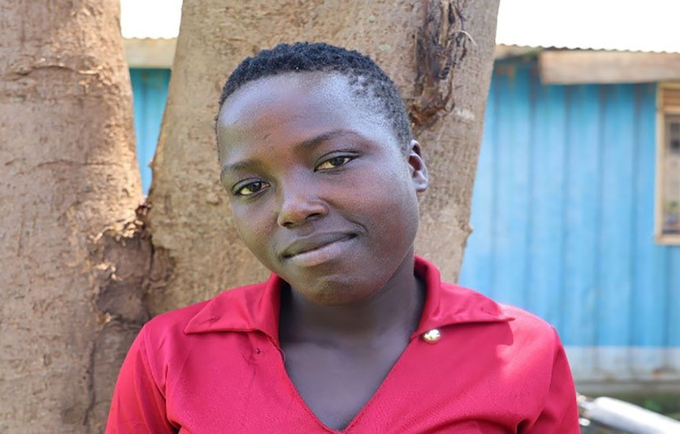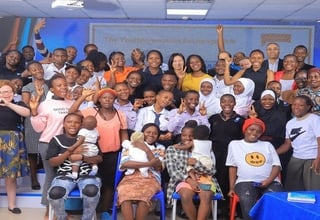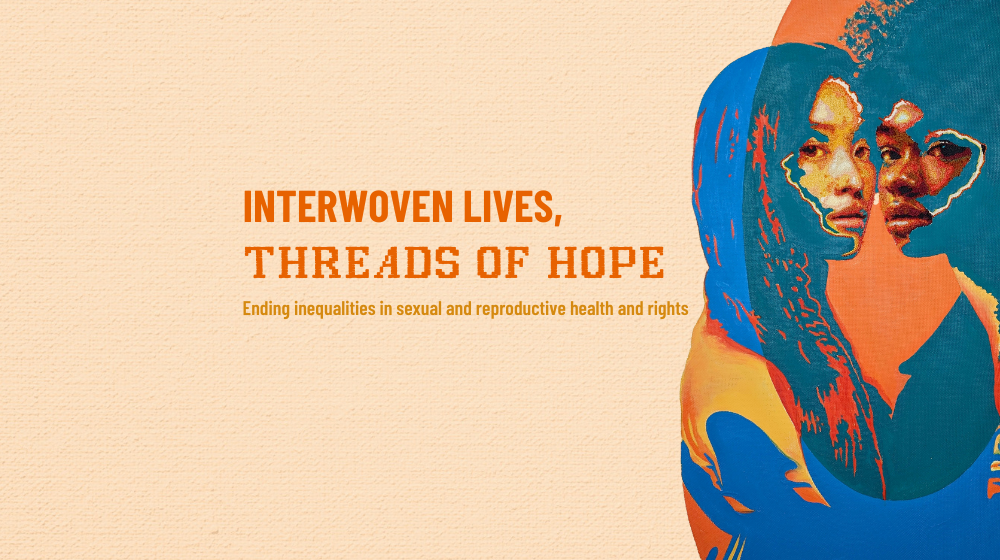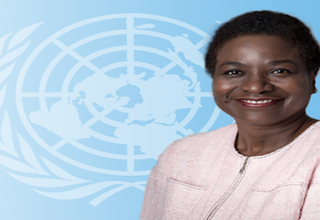NAMAYINGO: It is the morning of the launch of the Survivors Treatment and Obstetrics Fistula Prevention Programme (STOP), in Namayingo district, Uganda, and part of the invited delegation has one detour, a visit to some of the survivors of obstetric fistula at Buyinja Health Centre IV-Namayingo.
The six women, each with a unique story, arrive one by one on the popular Ugandan motorcycle ‘bodaboda’. Each woman has lived through unimaginable fear, anguish, sadness and isolation that words cannot describe.
Among the women, Bridget’s story is particularly poignant. At 16 years of age, a girl is supposed to enjoy painting a carefree and unstoppable dream on her canvas of life, to experience young love and joys of girlhood. For Bridget, her 16th birthday marked the beginning of a forced adulthood, one that she was not prepared for, one that would go beyond the uncertainty and fear of bringing a child into this life, while being a child herself, to isolation, pain and fear.
“When I went into labour, I was very scared, and at first, I didn’t want to tell my parents, so I attempted to push the baby at home…” Bridget reflects. After hours of trying to deliver, she laterwent to one of the nearest health facilities where she was told that the baby was too big for her to deliver vaginally.
They referred her to a hospital in a neighbouring Busia district. She later undergoes a caesarean section to deliver a healthy baby. Unbeknown to her, the damage had already been done. When she returned home, she realized that she had faecal incontinence - she had obstetric fistula. She stayed in this condition for four months before getting help from one of the village health team members, who was sensitizing the community about fistula services available at the UNFPA-supported Ministry of Health obstetric fistula medical camp.
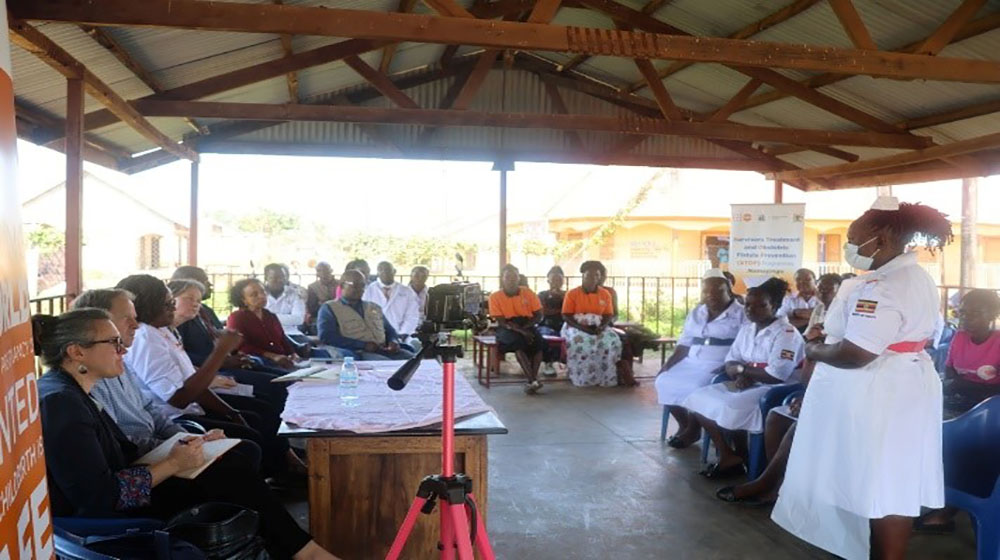
In Uganda, about 1,900 women get obstetric fistula every year. Due to the high teenage pregnancy rates in Namayingo, girls in this area are especially vulnerable to obstetric fistula. And yet, many of the affected women remain undiagnosed due to limited knowledge, myths and misconceptions. They are unable to access the effective life-saving repair to restore their lives and dignity. They are left to endure the agony of fistula, a condition that not only robs them of health, but also casts them out from the community.
Bridget was surgically repaired at the medical camp and completely healed of obstetric fistula. “I am now healthy, and I can sit in the community and among friends without feeling ashamed. Everyone would shun me, but not anymore,” she smiles shyly.
UNFPA—the United Nations Population Fund, with support from the Maternal Health Thematic Fund (MHTF), collaborates with the Ministry of Health of Uganda to deliver impactful maternal health programmes for Uganda. One of these key programmes includes skilling of midwives and medical doctors to ensure safe birth and restorative services for those that undergo complications like obstetric fistula.

Listening to these strong women’s stories, Tomas Lundström, Counsellor for Health from the Embassy of Sweden in Uganda, is moved. He says to the women, “Although you are thanking us today, we should be thanking you. You have overcome so much adversity and yet you continue to reach out to others. Thank you for your strength!” He also thanked the men who supported their spouses during their time of need.
The Swedish International Development Cooperation Agency (SIDA) and the Embassy of Sweden in Uganda joined the UNFPA team at the launch of the STOP. The visit to Buyinja health centre was an opportunity to see firsthand the work that the MHTF is doing in this region. Globally, SIDA is among the top 10 contributors to the MHTF. It is through these core funding streams that UNFPA is able to deliver critical sexual and reproductive health and rights (SRHR), and maternal and child health interventions for women and girls across the world.
As the sun’s rays get stronger, the delegates bid the women farewell, as they leave to join the launch of the new Fistula programme in Namayingo. The STOP will build on the MHTF supported maternal health initiatives that UNFPA implements in Uganda, especially obstetric fistula initiatives. The STOP is funded by the Embassy of Iceland in Uganda and will work to create the much-needed awareness and social norms shift as well as restorative support for women in Namayingo for the next 3 years.
- Story by Prisca Uwera
